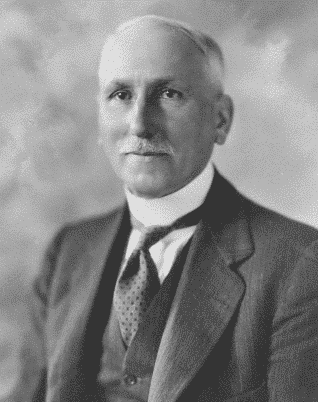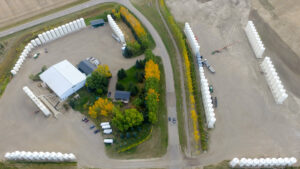One of our territory managers told me a story the other day about a horrible car-buying experience he recently had.
At the first dealership he stopped at, he was served by a younger salesperson who went straight to pushing product. “Let’s get you in the car! Let’s go for a drive! Let’s do a deal!” That kind of thing. When he explained that he wanted to buy something simple without all the bells and whistles, the salesperson continued to push him into looking at vehicles he didn’t want or need.
At the second dealership he went to, he encountered a veteran salesperson who started off by asking what he was looking for. He looked at it through the buyer’s eyes and went over and above to find something that would be a good fit.
The point isn’t that older salespeople are better than younger ones — that’s not always the case, by any means. The takeaway is that looking at a sale through the buyer’s eyes is a great success strategy.
I do the same thing in my line of work. It’s easy to push expensive product. It’s harder to pair a customer with the equipment that’s right for them. The good news is you can learn to do this by building the right team of territory managers who understand the value in looking through the customers’ eyes.
But how do you build that team?
Find the right people. This is obvious but can take time. Just because someone has an impressive resume doesn’t mean they’re right for the job. It’s not just about hopping in a truck and going out there and selling. They need to understand how to be a great territory manager.
Impress upon them the importance of relationships. Your territory managers have to be good at cultivating relationships. Above all, they have to understand having a great product is important — but using that product to help customers succeed is just as critical, if not more so.
Encourage them to make the job their own. Good territory managers won’t ever feel like they’re being micromanaged if the goals you set for them are their ideas to live out. I take time to do a de-briefing exercise with my territory managers. After they make a sale, we go over what worked and what they learned, and how they can use those insights to help others and build upon their successes. They have full control over how they approach their job.









